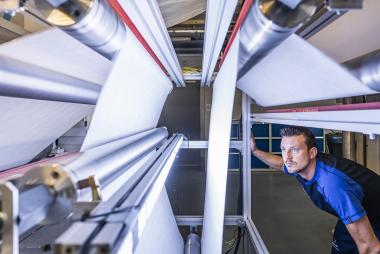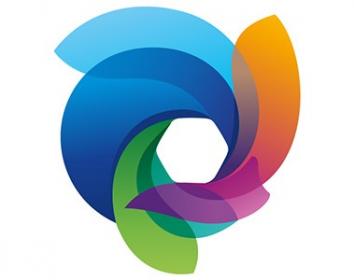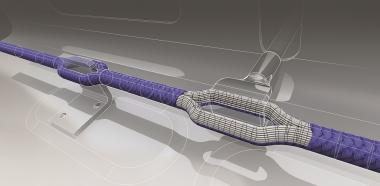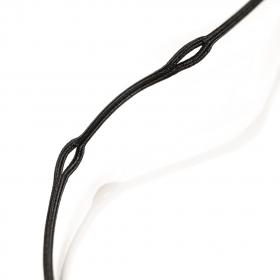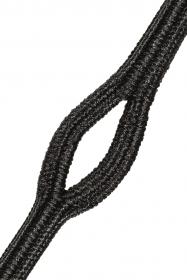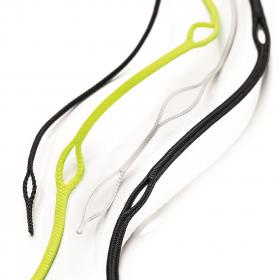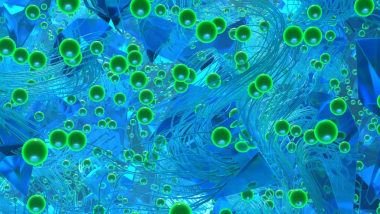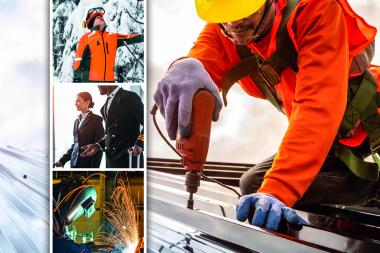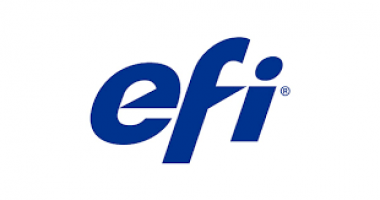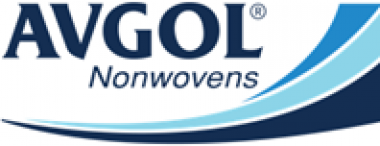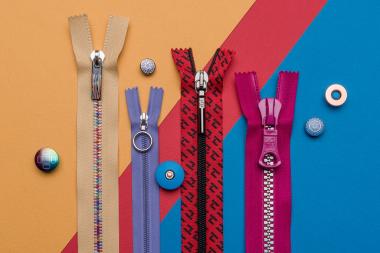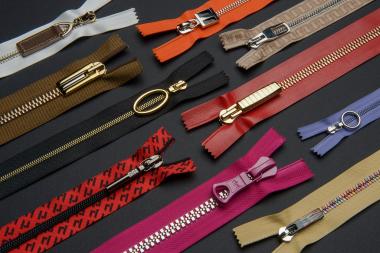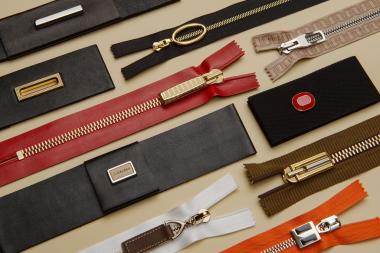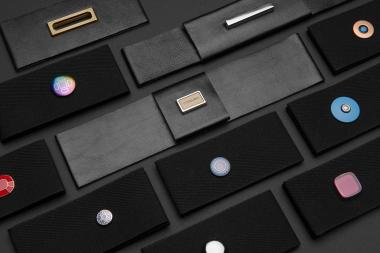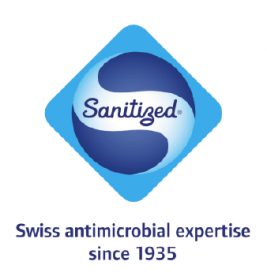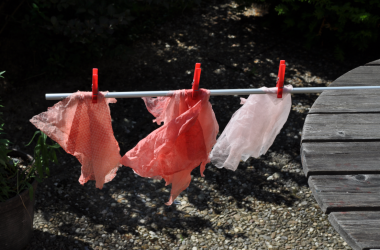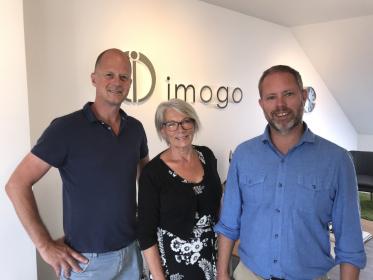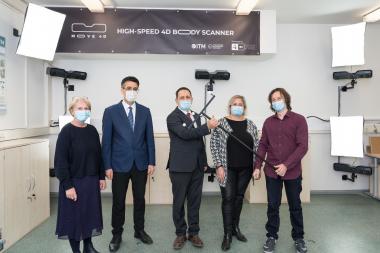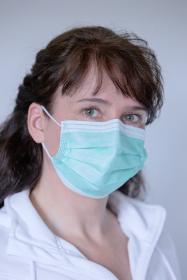Reifenhäuser Reicofil exhibits sustainable nonwovens at INDEX
Reifenhäuser Reicofil will exhibit at the world's leading nonwovens trade show INDEX in Geneva from October 19 to 22, 2021. Under the slogan "Living Nonwovens", the nonwoven line specialist will showcase solutions for the production of sustainable nonwovens for a wide range of applications.
Sustainable nonwoven production starts with the amount of material used - the less raw material needed, the better. The "Reicofil 5x" line series is specialized in this application and achieves fabric weights of 8 gsm (grams per square meter) or even less through efficient downgauging, even on 1000 m/min Composite lines containing 3 Spunbond beams.
In addition, Reicofil customers can reduce the use of fossil raw materials on request by processing biobased raw materials as an ecological alternative - for example for diapers. The topsheet material, made of bulky, soft, and industrially compostable high-loft nonwovens, meets maximum hygiene requirements at the same time.
For industrial applications, high-strength nonwovens can be processed even from up to 90% PET flakes from post-consumer waste. This is how Reicofil shows ways to combine sustainability and high-performance nonwovens.
In the medical sector, the line manufacturer will also be exhibiting its leading solutions for high-barrier medical protective clothing. In addition, meltblown nonwovens for face masks - still in great demand in many regions due to Covid - provide reliable safety and are helping to combat the pandemic worldwide. Reicofil technology therefore guarantees maximum safety, with filtration efficiencies of up to 99% (N99 / FFP3 standard), minimum quality fluctuations, and extremely high line availability at the same time.
With the current RF5 machine generation, Reicofil also sets benchmarks in terms of quality, performance, availability, efficiency, and machine intelligence - for challenging applications in hygiene, medical, and industrial sectors.
Reifenhäuser GmbH & Co. KG


